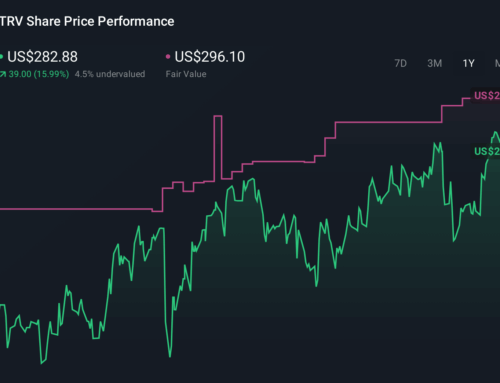Trump’s cut to clean energy funding could cost households up to $200 to $300 more a month
May 25, 2025
In a bold move, President Donald Trump has unveiled his budget proposal for the fiscal year 2026, which includes substantial cuts to various public spending areas. While Social Security payments remain untouched, experts caution that other proposed cuts could have indirect financial repercussions for citizens. A key area of concern is the Department of Energy, where Trump aims to slash $15 billion from its budget.
The primary worry centers on how these cuts could impact funding for initiatives designed to lower long-term utility costs. Danny Ray, founder of PinnacleQuote, highlights that the proposal seeks to ‘recover funds from clean energy initiatives aimed at reducing long-term utility costs.’ This encompasses sectors like battery storage, energy efficiency, and electric vehicle infrastructure.
Ray further emphasizes that when the Department of Energy loses billions in support for innovation, it ‘slows down progress that could have made everyday costs, like heating your home or commuting, cheaper in the future.’ The potential financial impact of these cuts could be significant for households. Financial expert Andrew Lokenauth estimates that ‘energy prices could rise as renewable energy programs are cut.’ Based on his calculations, the ‘average household might need to budget an additional $200-$300 per month due to higher utility bills and reduced services.’
This potential increase in basic service costs adds to existing economic pressures and could represent a greater financial strain, even for the middle class. The proposed budget cuts threaten to undermine advancements in clean energy that have been pivotal in stabilizing and reducing energy costs. As the nation grapples with fluctuating energy markets, the timing of these cuts could exacerbate financial challenges for many families.
Moreover, the reduction in funding for clean energy initiatives could stall technological advancements that promise to make energy consumption more efficient and affordable. The long-term implications of such a slowdown could extend beyond immediate financial burdens, potentially affecting the country’s energy independence and environmental goals.
Search
RECENT PRESS RELEASES
Related Post



